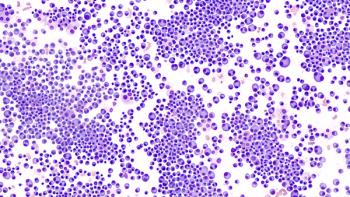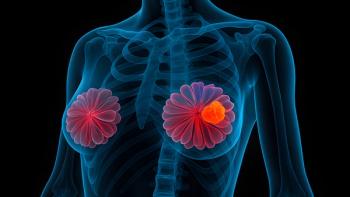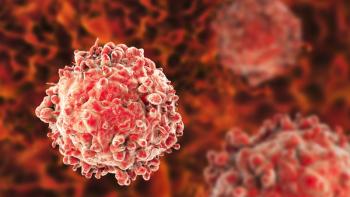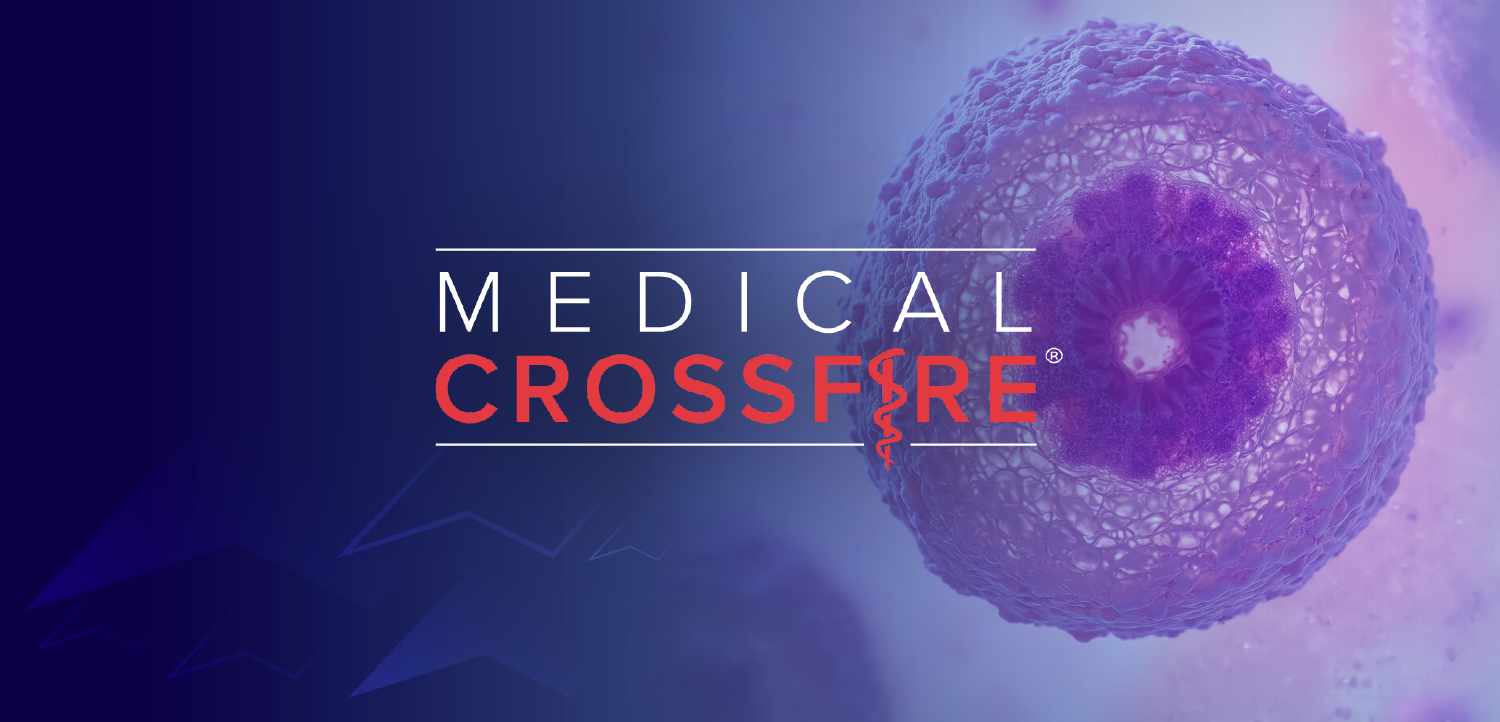
Indigenous American Ancestry May Be Associated With HER2+ Breast Cancer Risk
An increased proportion of Indigenous American (IA) genetic ancestry may be linked with a higher incidence of HER2-positive breast cancer, according to findings from a study published in Cancer Research.
An increased proportion of Indigenous American (IA) genetic ancestry may be linked with a higher incidence of HER2-positive breast cancer, according to findings from a study published in Cancer Research.1
Results from multivariate models showed that the odds of having a HER2-positive tumor increased by a factor of 1.20 with every 10% increase of IA ancestry (95% CI, 1.07-1.35; P = .001). The link between IA ancestry and HER2 status was independently replicated in samples from Mexico and Colombia. These findings suggest that the high frequency of HER2-positive tumors in Latina women could be due to the presence of population-specific genetic variants that affect HER2 expression in breast cancer.
“The risk of breast cancer-related mortality varies between different populations, with Latina women having a greater risk of breast cancer-specific mortality than non-Hispanic white women,” said Laura Fejerman, PhD, an associate professor of medicine at the University of California, San Francisco, in a press release.2 “Latina women tend to be diagnosed with more aggressive breast cancer subtypes, which may contribute to their greater risk of mortality, among other factors.”
As of October 2019, 1842 participants from the Instituto Nacional de Enfermedades Neoplásicas in Lima, Peru, were recruited for the Peruvian Genetics and Genomics of Breast Cancer Study (PEGEN-BC). Women were eligible to participate if they were diagnosed with invasive breast cancer in the year 2010 or later and were between the ages of 21 and 79. Genome-wide genotype data were available for 1312 patients and these data were used to estimate genetic ancestry.
The patient subgroups included in the study were those with estrogen receptor (ER)—positive/progesterone receptor (PR)–positive, HER2-negative disease (49%); ER/PR-positive and HER2-positive disease (18%); ER/PR-negative and HER2-positive disease (12%); and ER/PR-negative and HER2-negative disease (15%). On average, participants had approximately 76% IA ancestry; 9.8% of participants had an estimated genetic IA ancestry of more than 95% and 6.6% had an estimated genetic IA ancestry of more than 98%. Furthermore, the estimated average European ancestry was 18%, average African ancestry was 4%, and the average East Asian ancestry was 2%.
A statistically significant difference in proportion of IA genetic ancestry between tumor subtypes was observed (P =.023). The average IA ancestry among participants with ER/PR-negative and HER2-positive tumors was 80% compared with 75% among the ER/PR-positive and HER2-negative tumors. Results from a logistic regression model showed a substantial association between IA ancestry and HER2, regardless of covariates.
The likelihood of having a HER2-positive tumor increased by a factor of 1.19 per every 10% increase in IA ancestry (P =.002). Results from the multinomial logistic regression analysis indicated that the odds of ER/PR-negative and HER2-positive breast cancer increased by a factor of 1.22 per every 10% increase in IA ancestry; this association remained statistically significant in the multivariable model (odds ratio = 1.30; 95% CI, 1.10-1.55; P =.002).
Considering the high correlation between the IA and European components of ancestry, the investigators noted a decrease in the odds of developing ER/PR-negative and HER2-positive disease with increasing European ancestry. The associations observed were noted to be independent of the participant’s age at diagnosis, level of African ancestry, height, tumor stage at diagnosis, and region of residence.
“The association between IA ancestry and HER2 status suggests that population-specific variants of IA origin could be partly contributing to the higher incidence of HER2-positive breast cancer in Latinas,” Fejerman explained in the press release. “Our ongoing research aims to identify the specific germline variants that may lead to this association.”
Investigators sought to replicate their findings in smaller cohorts from Mexico and Colombia. Given the relatively small sample size for replication, they evaluated the association of HER2 status only and looked at samples from 2 countries together, including country as a covariate in the model. The analysis demonstrated a strong link between HER2 status and IA ancestry. Specifically, for every 10% increase in IA ancestry among Mexican and Colombian patients with breast cancer, a 28% increase in the likelihood of having a HER2-positive tumor was observed.
“Further studies are needed to confirm the genetic basis of this association and discover specific regions or variants within the IA genome,” the authors of the study concluded. “Ultimately, a better understanding of these and other etiologic factors explaining breast cancer HER2 status will result in better subtype-specific polygenic risk prediction and improved targeted treatments, not only for women of Latin American origin, but in all women.”
References
1. Marker KM, Zavala VA, Vidaurre T, et al. Human epidermal growth factor receptor 2—positive breast cancer is associated with indigenous American ancestry in Latin American women [published online April 3, 2020]. Cancer Res. doi: 10.1158/0008-5472.CAN-19-3659
2. Indigenous American ancestry may be associated with HER2-positive breast cancer [news release]. Philadelphia, PA: American Association for Cancer Research; April 3, 2020. bit.ly/2Rn8DWN. Accessed April 3, 2020.
This article was originally published on OncLive as, "
Newsletter
Knowledge is power. Don’t miss the most recent breakthroughs in cancer care.
















































































